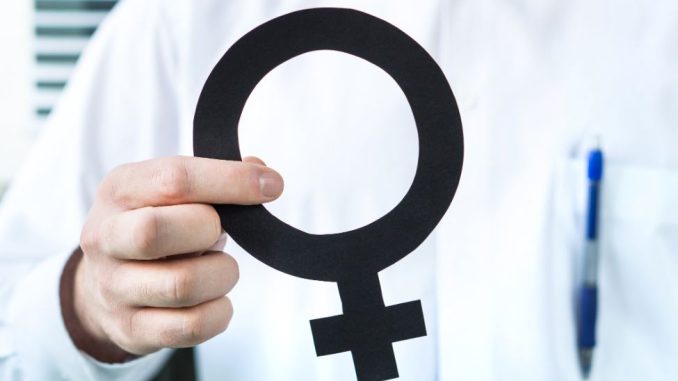
Hormones play a vital role in regulating various bodily functions, and imbalances can lead to a range of health issues in women. From mood swings to irregular periods and weight gain, hormone imbalances can significantly impact daily life. Fortunately, many natural methods can help balance female hormones and promote overall well-being. In this article, we will explore some effective ways to achieve hormonal balance naturally.
1. A Balanced Diet:
Eating a nutritious and balanced diet is crucial for hormonal balance. Focus on whole foods, including fruits, vegetables, lean proteins, and whole grains. Incorporate foods rich in essential fatty acids like omega-3s (found in fatty fish, flaxseeds, and walnuts) and avoid excessive consumption of processed foods, sugar, and unhealthy fats.
2. Manage Stress:
Chronic stress can lead to imbalances in hormones like cortisol and insulin. Practicing stress-reduction techniques like meditation, deep breathing, yoga, and mindfulness can help lower stress levels and promote hormonal balance.
3. Regular Exercise:
Physical activity is an effective way to regulate hormones. Aim for at least 150 minutes of moderate-intensity exercise or 75 minutes of vigorous-intensity exercise per week. Exercise helps improve insulin sensitivity, reduce inflammation, and promote hormonal equilibrium.
4. Adequate Sleep:
Getting sufficient sleep is crucial for hormonal balance. Aim for 7-9 hours of quality sleep per night to support the body’s hormone production and regulation.
5. Limit Caffeine and Alcohol:
Excessive caffeine and alcohol intake can disrupt hormonal balance. Limit your consumption of these substances to support hormonal health.
6. Stay Hydrated:
Proper hydration is essential for the production and balance of hormones. Drink plenty of water throughout the day to support overall health.
7. Herbal Supplements:
Certain herbal supplements may help balance hormones. Examples include evening primrose oil, chasteberry (vitex), and black cohosh. However, it’s essential to consult with a healthcare provider before starting any herbal supplements to ensure they are safe and suitable for your specific needs.
8. Manage Weight:
Maintaining a healthy weight is crucial for hormonal balance. Obesity can lead to insulin resistance and hormonal disruptions. Combining a balanced diet with regular exercise can help you achieve and maintain a healthy weight.
9. Reduce Toxin Exposure:
Toxins found in household products and the environment can disrupt hormone function. Opt for natural and chemical-free products when possible and consider reducing exposure to environmental toxins.
10. Hormone-Balancing Foods:
Incorporate foods known to support hormonal balance into your diet. These include flaxseeds, broccoli, spinach, and foods rich in antioxidants like berries and dark leafy greens.
11. Manage Blood Sugar Levels:
Balancing blood sugar levels is crucial for hormone regulation. Consume complex carbohydrates, fiber-rich foods, and lean proteins to help stabilize blood sugar levels.
12. Track Your Cycle:
Understanding your menstrual cycle and the symptoms you experience throughout it can help you identify hormonal imbalances. Consider using apps or calendars to track your cycle and discuss any concerns with your healthcare provider.
13. Consider Hormone Therapy:
In some cases, hormone replacement therapy (HRT) or bio-identical hormone therapy (BHRT) may be necessary to address severe hormonal imbalances. Consult with a healthcare provider to discuss the risks and benefits of hormone therapy.
Conclusion:
Balancing female hormones naturally is essential for overall health and well-being. By adopting a healthy lifestyle, managing stress, getting regular exercise, and incorporating hormone-balancing foods and herbs into your diet, you can promote hormonal equilibrium. However, it’s essential to consult with a healthcare provider if you suspect a significant hormonal imbalance or if natural methods do not yield the desired results. They can help you develop a personalized plan to address your specific hormonal needs and optimize your overall health.
Share this:
- Click to share on Facebook (Opens in new window)
- Click to share on Twitter (Opens in new window)
- Click to share on WhatsApp (Opens in new window)
- Click to share on Reddit (Opens in new window)
- Click to share on Telegram (Opens in new window)
- Click to share on Pinterest (Opens in new window)
- Click to share on LinkedIn (Opens in new window)